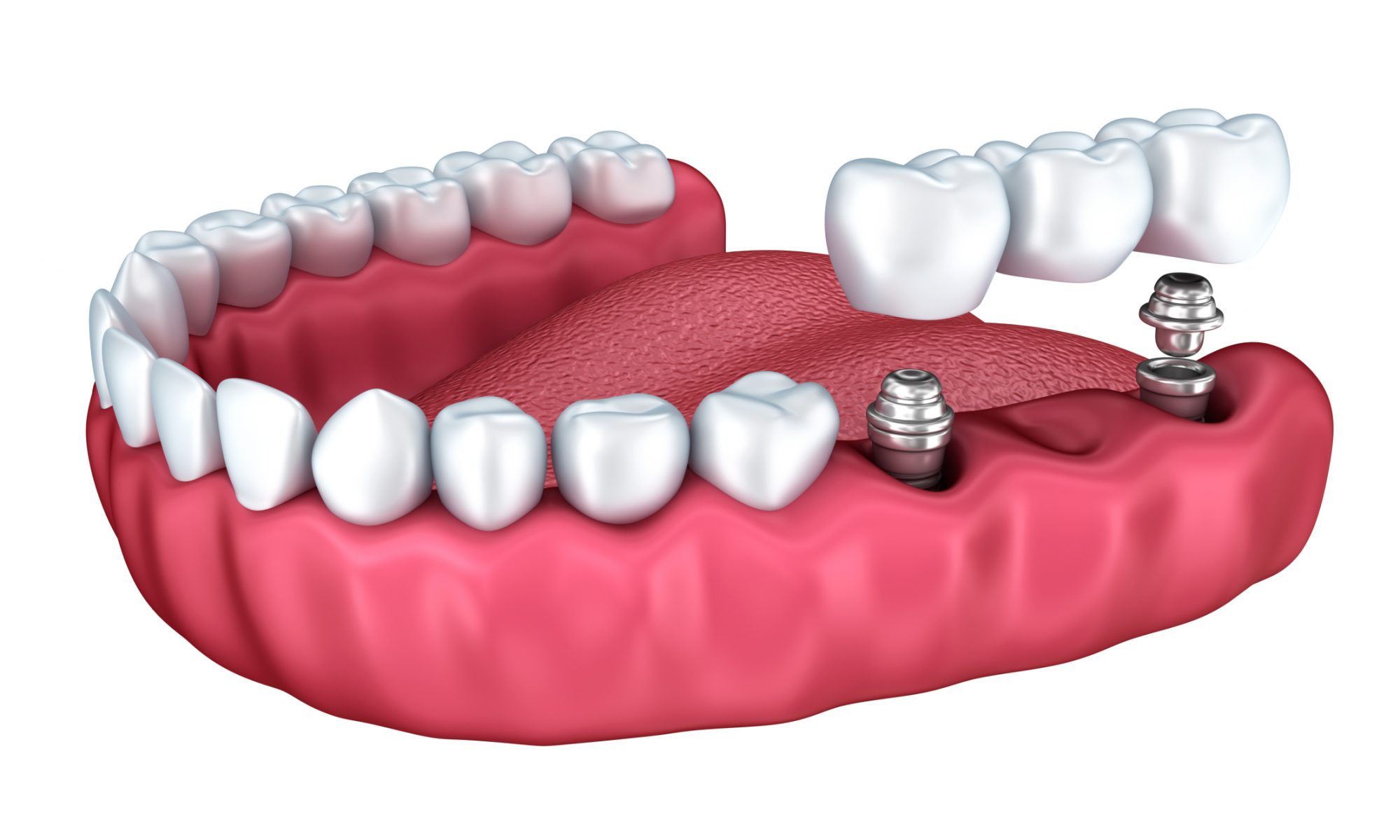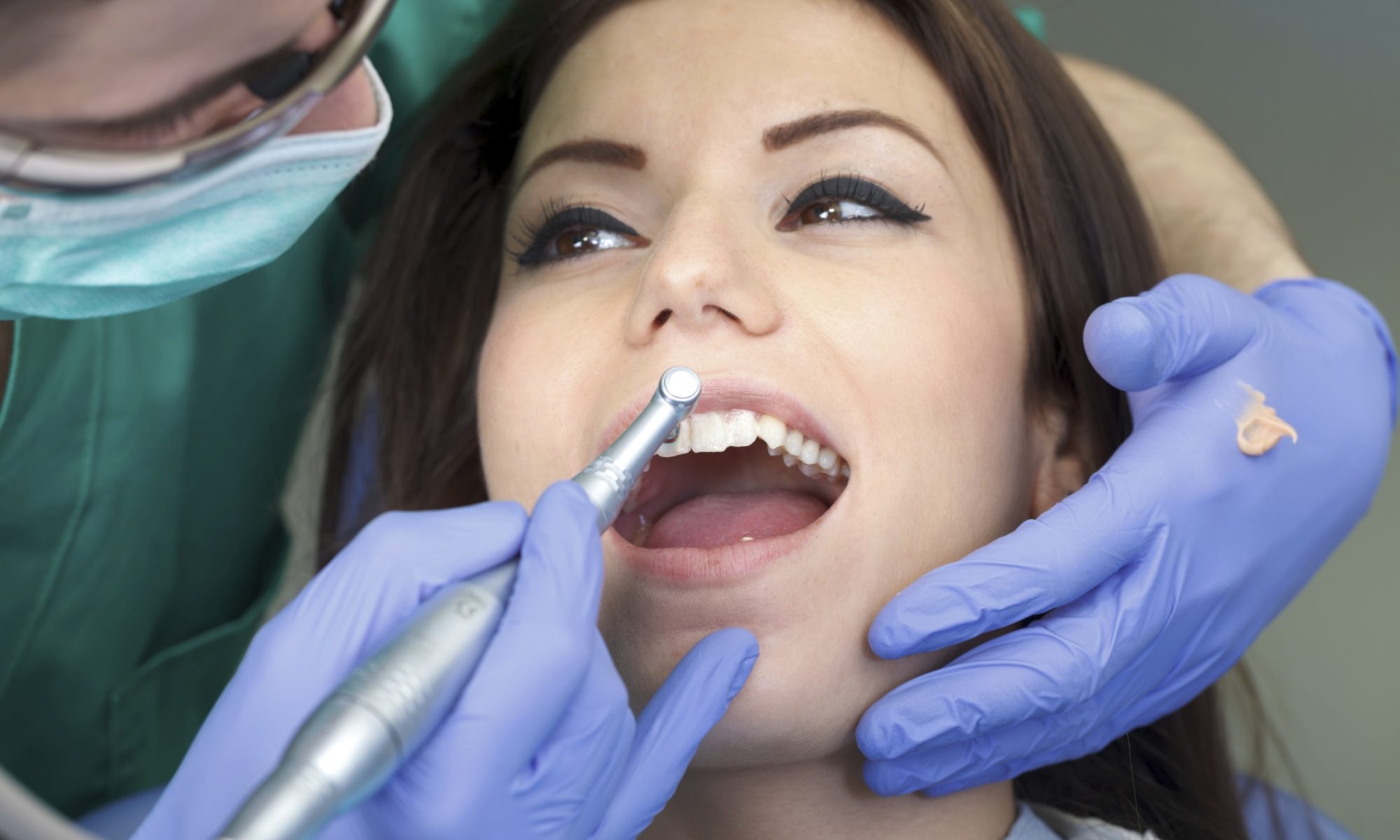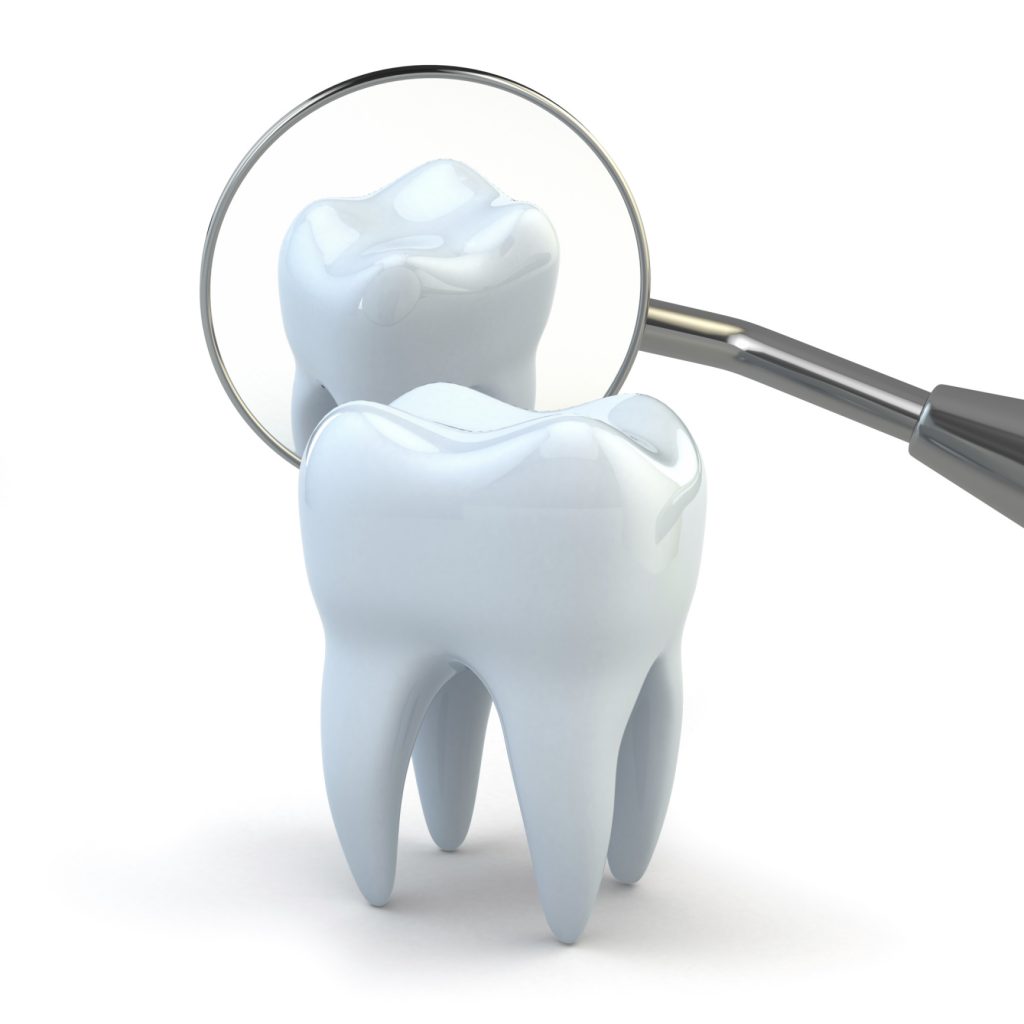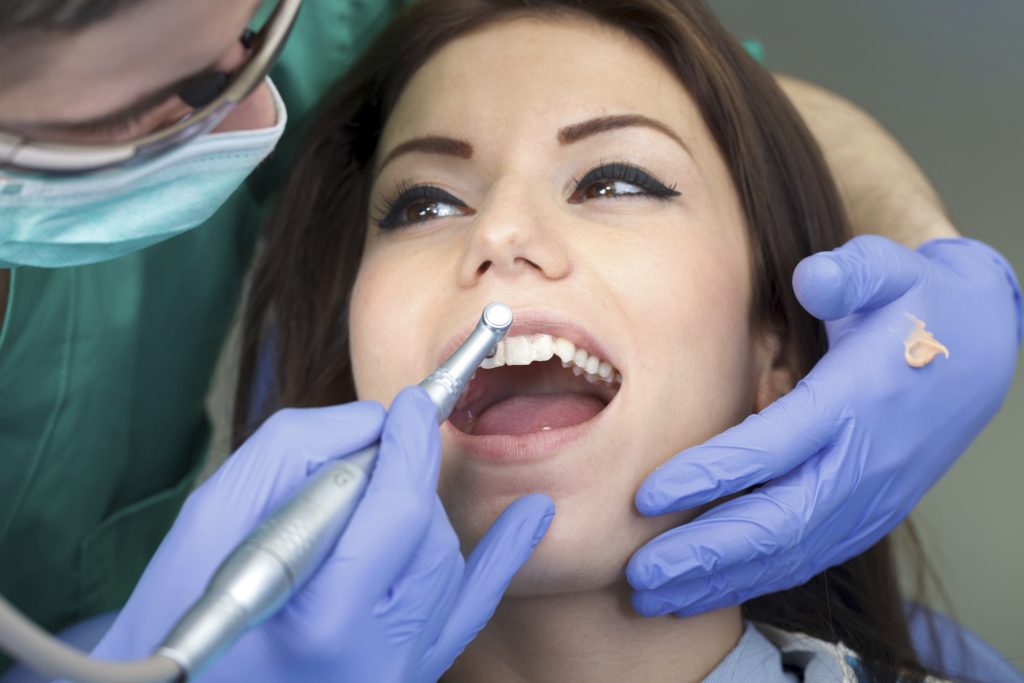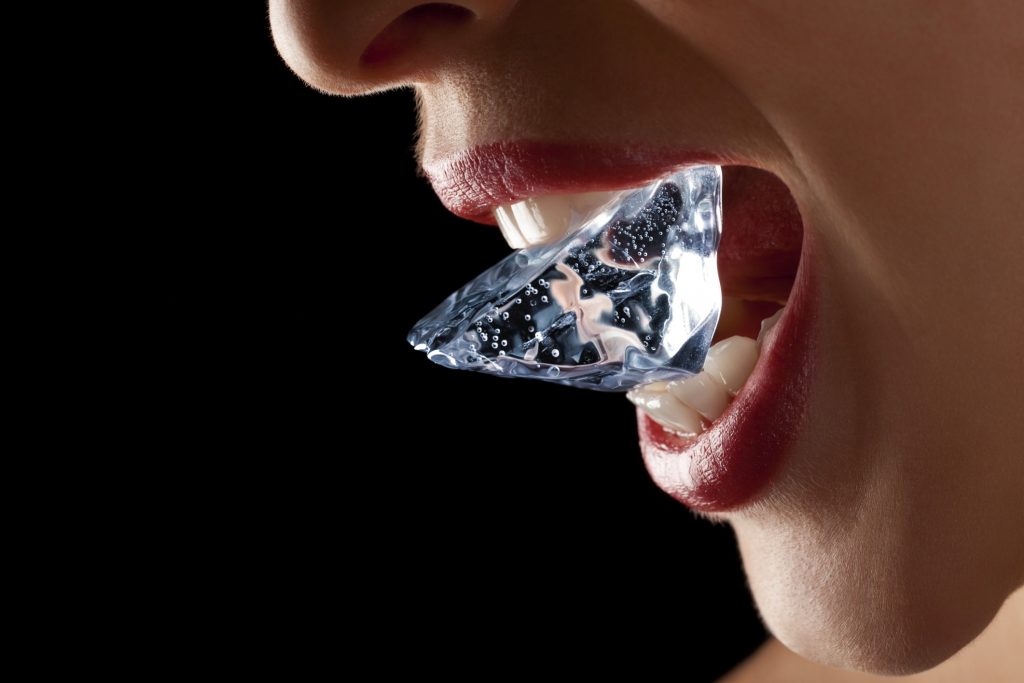The thought of visiting the dentist for a tooth extraction can put fear into anyone; it’s pretty much one of the last things we want to experience at the dentist. Yet, severe tooth decay, an infection, a cracked tooth, gum disease where the bone is compromised, and impacted wisdom teeth are more detrimental to your quality of life and oral health. The momentary anxiety and recovery time are well worth it when compared to the health complications of a tooth that needs to be extracted.
Extractions generally fall into two categories – simple extraction, and surgical extraction.
Simple:
When you need a simple extraction, you will likely be provided general anesthetic to the area of your mouth where the extraction will take place. Once completely numb, your dentist will gain a grip on your tooth using special instruments to physically loosen the tooth to the point where it can be easily pulled. Once completed, you may be prescribed antibiotics and a gentle means of cleaning the area to mitigate the chance of infection as the socket heals. It’s important to not allow food particles to get healed over in the socket, as it will eventually rot and require removal later on.
Surgical:
Surgical extractions, as you might imagine, are more involved. They require an oral surgeon and the use of anesthesia because these extractions usually occur below the gum tissue, or require cutting the surrounding tissue or the bone itself to remove. Just like with a simple extraction, you may be prescribed antibiotics and a gentle means of cleaning the area to mitigate the chance of infection as the socket heals. Again, it’s important to not allow food particles to get healed over in the socket, as it will eventually rot and require removal later on.
If you do require an extraction, discuss your concerns and questions with your dentist, and gain an understanding of the healing process, so you can arrange a driver or request time off work ahead of time if necessary. Your dentist will provide you with all the information you need to know prior and following your extraction to ensure you understand what you are entering into, and can assist you through the recovery process.
For more information about caring for your veneers, call Dr. Sciabica in Issaquah, WA at 425-392-3900 or visit www.issaquahdentists.com.
Dr. Frank S. Sciabica proudly serves patients from Issaquah and all surrounding areas.


